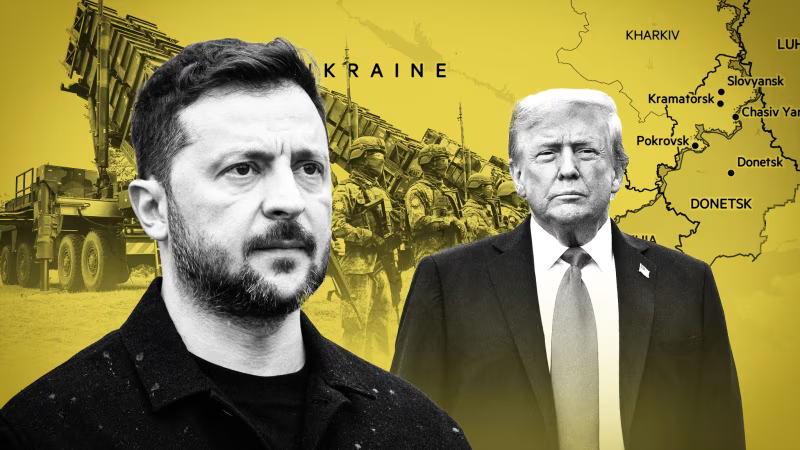Timothy Snyder in FT: Putin grounds his war on Ukraine in a myth.
He uses a medieval Kyiv chronicle, The Tale of Bygone Years, as prophecy. He claims it proves Russia and Ukraine share “the same roots” and Moscow must rule Kyiv.
Snyder proves the claim is absurd. 1/
He uses a medieval Kyiv chronicle, The Tale of Bygone Years, as prophecy. He claims it proves Russia and Ukraine share “the same roots” and Moscow must rule Kyiv.
Snyder proves the claim is absurd. 1/

Monks in Kyiv wrote the Tale in the 12th century about 9th-century events.
They invented Rørek’s dynasty to glorify their own rulers. They gave him a biblical lifespan, a deathbed child, and a secret heir smuggled to Kyiv. None of it happened. 2/
They invented Rørek’s dynasty to glorify their own rulers. They gave him a biblical lifespan, a deathbed child, and a secret heir smuggled to Kyiv. None of it happened. 2/
Rørek, a Danish chieftain, never set foot in Kyiv. He operated a thousand miles away in the Baltic.
Scandinavians reached Kyiv only a century later. No link exists between his raids and the modern Russian state. 3/
Scandinavians reached Kyiv only a century later. No link exists between his raids and the modern Russian state. 3/
Moscow did not exist in the 9th century. It emerged centuries later under Mongol rule.
Mongol khans appointed Moscow’s princes to collect tribute. No ancient continuity connects Muscovy to Kyivan Rus. 4/
Mongol khans appointed Moscow’s princes to collect tribute. No ancient continuity connects Muscovy to Kyivan Rus. 4/
The Kyivan Rus state collapsed in the 13th century under Mongol invasions. Lithuania absorbed most of its lands.
Moscow played no role in that polity’s origins or legacy until it fabricated one for itself. 5/
Moscow played no role in that polity’s origins or legacy until it fabricated one for itself. 5/
Russian rulers recycled the Rørek myth — from Mongol-era princes to the tsars to Peter the Great — to invent dynasties.
By Putin’s logic, France would invade Belgium over Carolingian history, and Mexico would invade Guatemala over Mayan history. 6/
By Putin’s logic, France would invade Belgium over Carolingian history, and Mexico would invade Guatemala over Mayan history. 6/
Putin twists “brotherly nation” rhetoric to mean erasure.
He says Ukrainians share roots with Russians, then orders their bombing, deportation, and torture to enforce that fiction. Myths explain why Russia kills. Putin uses legend to erase Ukraine’s right to exist. 7/
He says Ukrainians share roots with Russians, then orders their bombing, deportation, and torture to enforce that fiction. Myths explain why Russia kills. Putin uses legend to erase Ukraine’s right to exist. 7/
Trump gives the myth political space. In Alaska, Putin repeated the Rørek story and “brotherly nation” line.
Trump responded by denying Russian interference in 2016 and presented himself as free of constraints. 8X
Trump responded by denying Russian interference in 2016 and presented himself as free of constraints. 8X
Source: ft.com/content/97312c…
• • •
Missing some Tweet in this thread? You can try to
force a refresh








